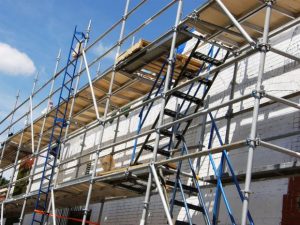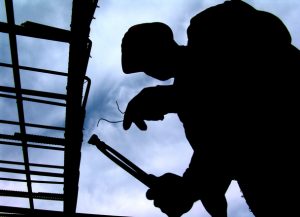In most work injury cases, including those stemming from Florida construction accidents, workers can expect to have a single remedy against their employer: Workers’ compensation. The workers’ compensation law is a trade-off of sorts. Employers agree to a system of no-fault benefits for workers injured in the course and scope of employment, and employees agree to forfeit their right to sue the company. 
However, while this provision generally also protects co-workers, it typically does not pertain to third-parties, such as product manufacturers, rogue drivers or, in some cases, other contractors on the same job site. The question recently considered in a work injury lawsuit by the Mississippi Supreme Court was whether a worker who obtained workers’ compensation benefits from a company was entitled to also sue that company, on the grounds the company wasn’t his statutory employer.
So why would a company that wasn’t his statutory employer pay benefits in the first place? According to court records, it had to do with an agreement between the defendant property owner and a contractor, which provided maintenance services. The terms of the contract were separate from state law, which did not mandate that the property owner pay workers’ compensation insurance. The fact that the property owner chose to do so as part of the contract did not mean it assumed the position of statutory employer, at least that’s what the Mississippi Supreme Court ruled when it decided plaintiff could proceed with his personal injury lawsuit against defendant, even though defendant/ defendant’s insurer had paid workers’ compensation benefits. Continue reading ›

 Florida Injury Lawyer Blog
Florida Injury Lawyer Blog







